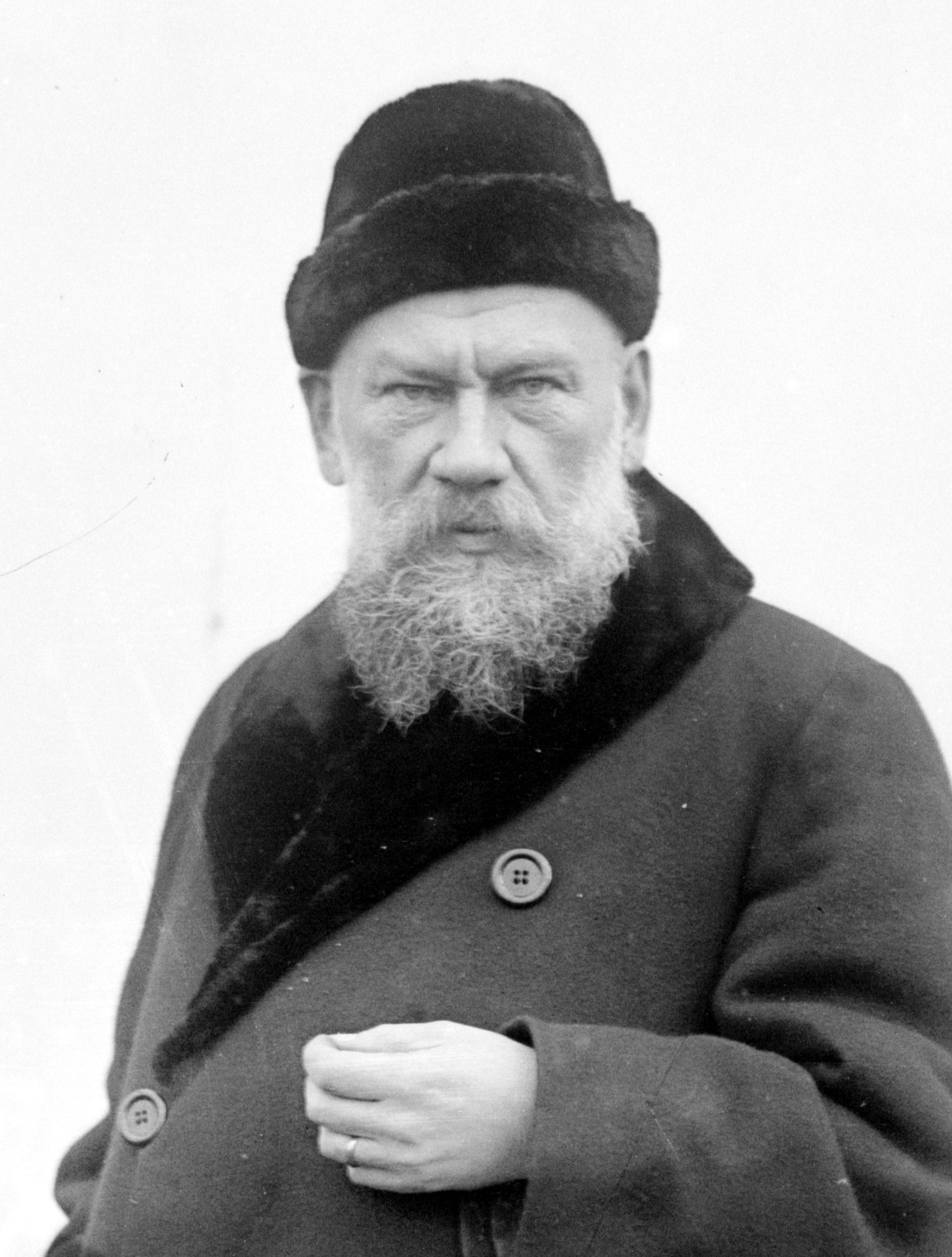Tolstoy’s Relation to the Russian Orthodox Church

Amanda Graber, Demand Media – 5/2/13
One of Russia’s towering literary figures, Leo Tolstoy wrote many celebrated novels and short stories in the late nineteenth century. Some of his best-known works include War and Peace, Anna Karenina and The Death of Ivan Ilyich. His astounding legacy is revered by students of literature worldwide — although the Russian Orthodox Church, in a feud that has lingered long beyond the author’s death, still blacklists his work
From the Church to the World
As an infant, Tolstoy was baptized into the Russian Orthodox Church and was raised in the church throughout his childhood. Then, around the age of 15, he began to move away from the faith. By the age of 18 he claimed to still believe in the existence of a god, but did not embrace the church’s teachings. Tolstoy went on to live the hard life of a soldier. He gambled, participated in torrid affairs, often drank to excess and committed many other deeds that he later considered criminal. Later in life, he again struggled with the idea of faith and even returned to the Russian Orthodox Church for a time, though he ultimately left it for good.
Critiques in Print
Convinced that Church dogma and ritual mired the spirit of Christianity, in 1880, Tolstoy wrote the Critique of Dogmatic Theology. He continued to write about his beliefs against dogma in religion in a periodical called The Mediator. Even his novel Resurrection, was perceived as an attack on the teachings of the Church.
Excommunication, With No Candles
In response to these writings, the Russian Orthodox Church excommunicated Tolstoy in 1901. Citing his unconventional beliefs about Christianity, including his conviction to no longer eat meat, the Church claimed that Tolstoy was a destructive influence against its teachings. Later, it even went on to claim that Tolstoy’s work had inspired and perhaps aided the Bolsheviks’ rise to power, which ushered in a time of persecution for the Church. For these supposed crimes, the Church decreed that no candles could be burned for Tolstoy within any of its churches.
The Feud Lingers
Over one hundred years later, the feud between Tolstoy and the Orthodox Church still stands. In 2001, there were some efforts, led by Tolstoy’s great-great-grandson, to encourage the Church to revisit its excommunication of the writer who was such an important figure in Russian history and culture. Instead of forgiveness, the Church reaffirmed its excommunication of Tolstoy, and predominantly Russian Orthodox thinkers even kept his works blacklisted. The Church’s official stance was documented publicly in a letter that was published in the state-run newspaper, Rossiyskaya Gazeta. The letter acknowledged the beauty and talent of Tolstoy’s work, but stated that Tolstoy’s grievances against the Church could not be expunged.

543923 856761I like this internet site because so much valuable stuff on here : D. 193438